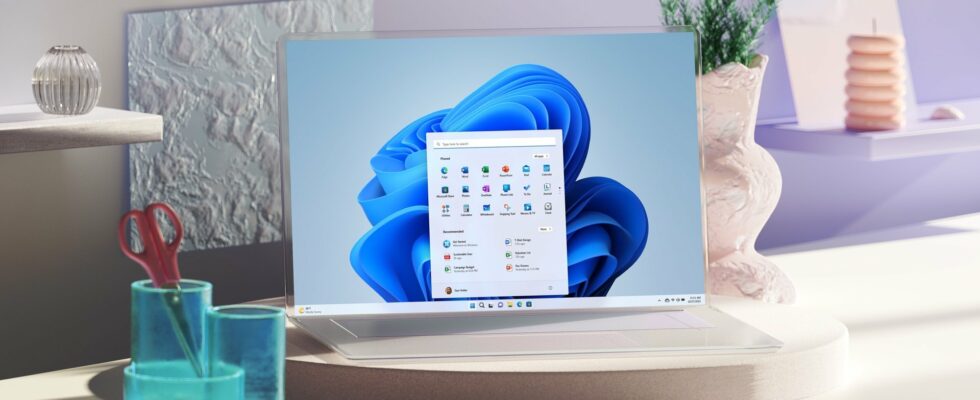A sort of “CCleaner” developed by Microsoft, PC Manager is a new utility recently available on the Windows 11 Store. But if it is (among other things) designed to clean your PC in depth, the latter actually turns out to be against -productive. At least for the moment.
Recently launched, Microsoft PC Manager is a new Windows 11 security and maintenance tool available on the Microsoft Store. The utility includes an antivirus part to protect the system against external threats, but also serves to promote other Microsoft software and to resolve a whole range of problems that could spoil the user experience.
Finally, a function allows you to “deep clean» the PC, by deleting all files that are no longer deemed useful or necessary by the tool… and it is precisely this option that poses a problem. Because to make space on the SSD, this functionality tends to be overzealous in deleting temporary files useful for the proper functioning of the PC.
A cleaning tool…that can make your PC slower
In detail, PC Manager ventures into the Prefetch folder of the computer. This folder is not at all trivial, since it is used by Windows 11 to store information related to regularly opened applications. The idea? Keep files there to avoid having to reload everything from the start every time you launch an application that you use often.
A well-known concept, which PC Manager however seems to ignore. The utility considers these files as not being essential to the operation of Windows 11… and therefore considers them superfluous, which results in their deletion. However, although they are not strictly speaking essential, these files contribute greatly to the responsiveness of the PC and the overall fluidity of the user experience. Clearly, this deletion has the effect of making the PC slower.
By doing the right thing, PC Manager can therefore lead to a notable reduction in performance. A shame. Fortunately, it is still entirely possible to use Microsoft’s new tool without using the deep cleaning function. We also have good hope that Microsoft will soon correct this error of judgment regarding its software.
